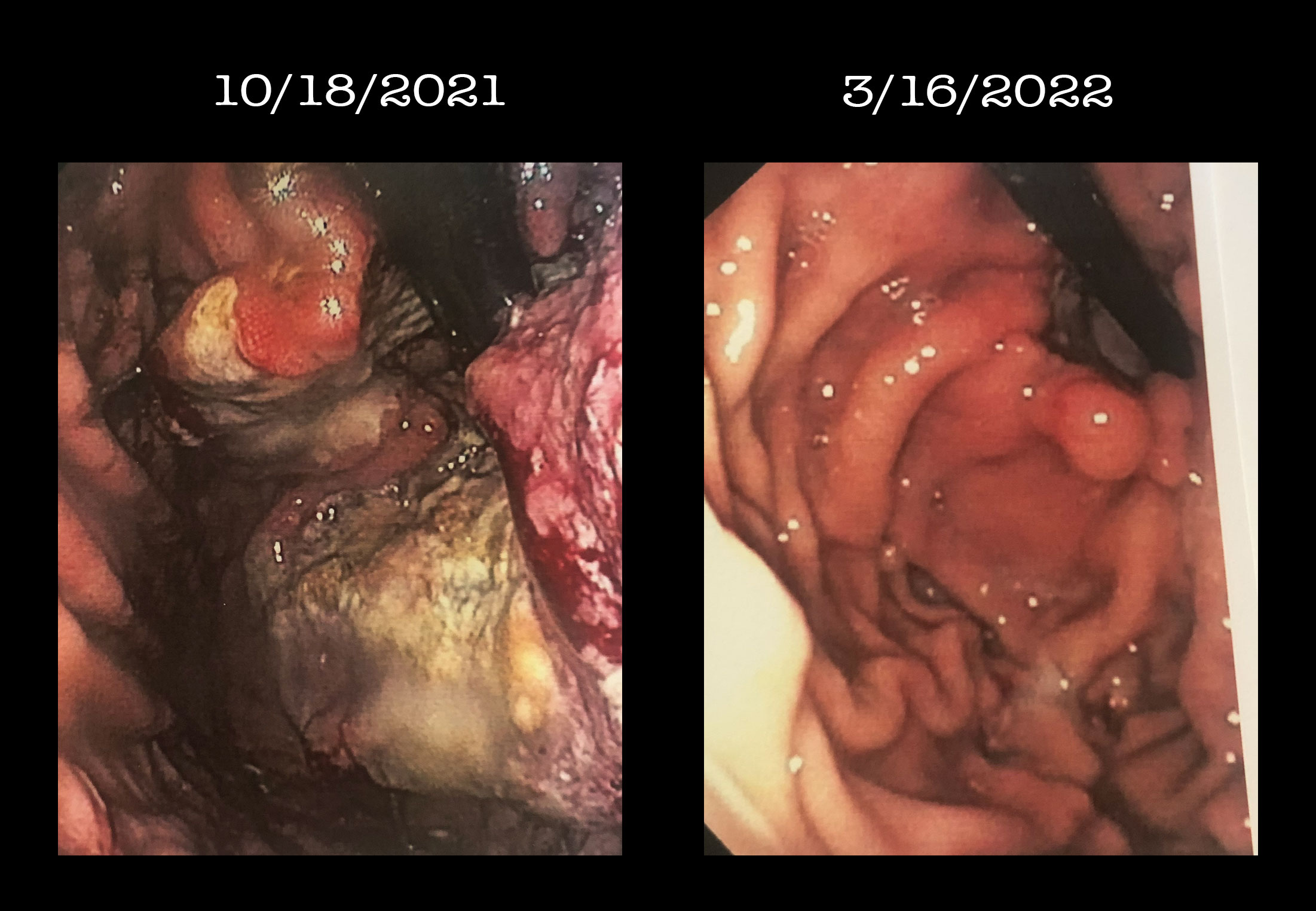Abstract
Cannabis sativa is a multipurpose plant that has been used in medicine for centuries. Recently, considerable research has focused on the bioactive compounds of this plant, particularly cannabinoids and terpenes. Among other properties, these compounds exhibit antitumor effects in several cancer types, including colorectal cancer (CRC). Cannabinoids show positive effects in the treatment of CRC by inducing apoptosis, proliferation, metastasis, inflammation, angiogenesis, oxidative stress, and autophagy. Terpenes, such as β-caryophyllene, limonene, and myrcene, have also been reported to have potential antitumor effects on CRC through the induction of apoptosis, the inhibition of cell proliferation, and angiogenesis. In addition, synergy effects between cannabinoids and terpenes are believed to be important factors in the treatment of CRC. This review focuses on the current knowledge about the potential of cannabinoids and terpenoids from C. sativa to serve as bioactive agents for the treatment of CRC while evidencing the need for further research to fully elucidate the mechanisms of action and the safety of these compounds.
[ Read Full Text ]

